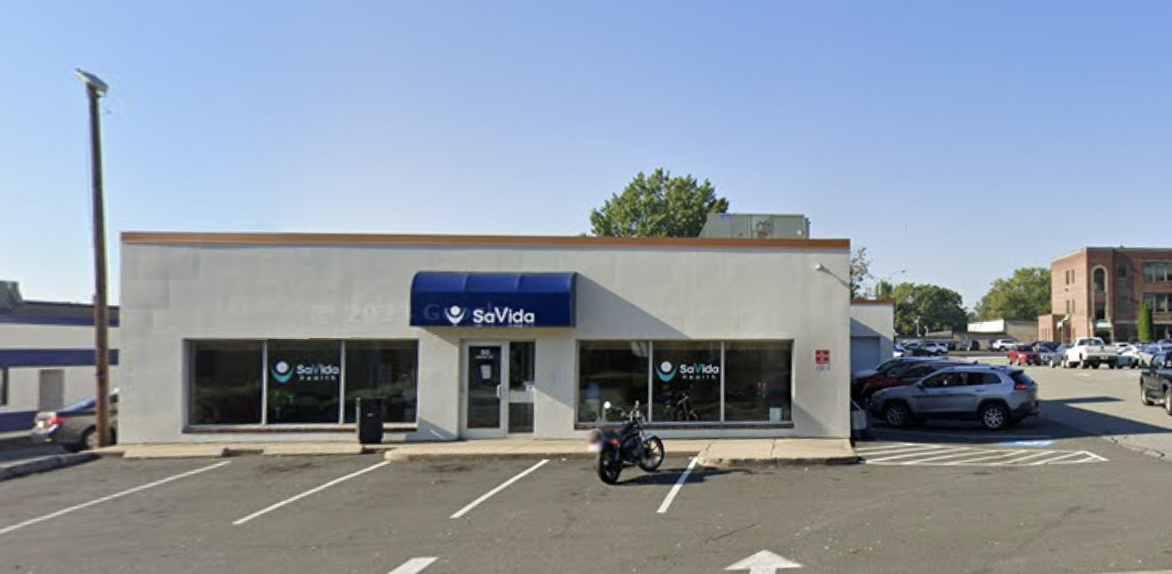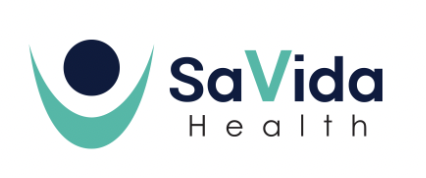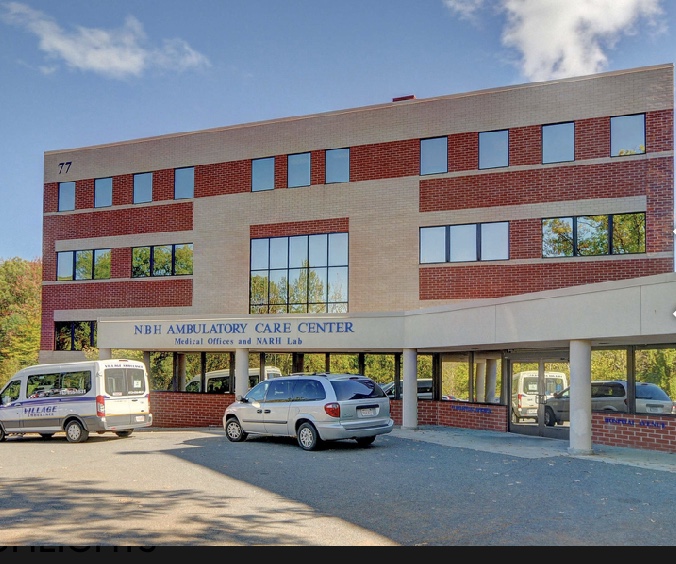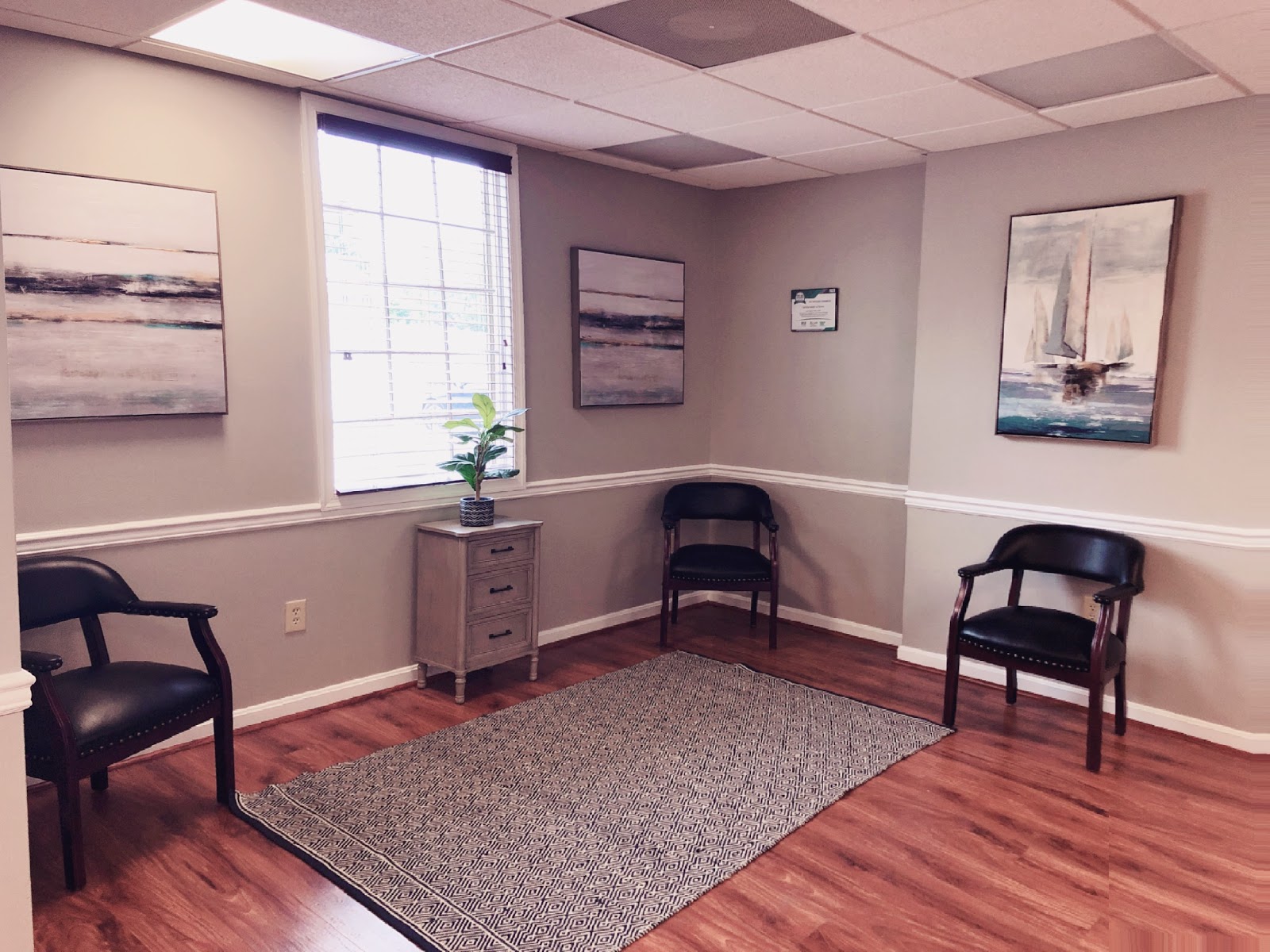SaVida Health


Overview
SaVida Health is an accredited substance abuse treatment center that provides outpatient treatment for men and women from 18+ years of age. As part of their special programs, SaVida Health treats clients with co-occurring mental and substance use disorders, pregnant/postpartum women, and clients who have experienced trauma. To help patients achieve sobriety, SaVida Health provides intake assessments. Afterward, patients receive cognitive behavioral therapy, telemedicine/telehealth therapy, and substance use disorder counseling during treatment. SaVida Health is located in West Springfield, Massachusetts, providing treatment for people in Hampden County, accepting cash or self-payment, medicaid, and medicare.
SaVida Health at a Glance
Payment Options
- Cash or self-payment
- Medicaid
- Medicare
- State-financed health insurance plan other than Medicaid
- Private health insurance
Assessments
- Screening for tobacco use
- Comprehensive mental health assessment
- Comprehensive substance use assessment
- Outreach to persons in the community
- Screening for mental disorders
Age Groups
- Young adults
- Adults
Ancillary Services
- Case management service
- Suicide prevention services
- Domestic violence services, including family or partner
- Mental health services
- Social skills development
Accreditations
State department of health:

State Licenses, issued by government agencies, authorize rehabilitation organizations to legally operate within designated geographical areas. The specific licenses required for operation are typically determined by both the nature of the rehabilitation program provided by the facility and its physical location.
National Committee for Quality Assurance (NCQA):
NCQA accreditation is a recognition and evaluation process for healthcare organizations, given by the National Committee for Quality Assurance. It measures the quality and performance of healthcare providers, insurance plans, and managed care organizations in providing quality care to their patients. The NCQA accreditation is widely recognized as a benchmark for quality in healthcare and helps consumers make informed decisions about their healthcare options.
Federally Qualified Health Center:
Federally Qualified Health Center (FQHC) accreditation is a process of evaluation and recognition by the federal government for community health centers that provide comprehensive and accessible healthcare services to underserved populations. FQHC accreditation is essential for centers to receive federal funding and to ensure that they meet standards for quality, patient-centered care.
Drug Enforcement Agency (DEA):
DEA accreditation refers to the process by which a law enforcement agency is recognized by the Drug Enforcement Agency (DEA) as having met specific training, operational, and resource requirements necessary to participate in DEA-led drug enforcement efforts. This accreditation allows the agency to perform DEA-related tasks such as conducting investigations, executing federal search warrants, and participating in joint task forces.
Treatment At SaVida Health

Conditions Treated
Alcoholism:
Alcohol addiction is a disease that changes the way the brain works. It causes negative emotions, impulsive behavior, cravings and withdrawal symptoms. Treatment for alcohol addiction includes supervised detox, counseling and therapy, and support group participation. Rehabilitation does not cure alcoholism. Instead, it helps the individual manage their addiction, restore their functioning, and well-being.
Substance use treatment:
Substance abuse treatment programs can help to address addiction and, if relevant, any co-occurring mental health conditions. Programs include outpatient, inpatient, dual-diagnosis, and partial hospitalization. The addict will receive therapies like cognitive behavioral therapy, or dialectical behavioral therapy, and sometimes complementary therapies like acupuncture and mindfulness-based therapy. By attending skills training and recovery groups you’ll build a strong foundation for your recovery and strengthen your support network, increasing your chances of long-term recovery success.

Levels Of Care
Outpatient:
Outpatient programs are designed for individuals in stable medical condition with a low risk of relapse, often those who've completed inpatient treatment. These programs extend the foundation of prior treatment approaches, offering continuous addiction guidance and resources for sustained recovery. For those transitioning straight from detox, medical and psychological assessments are typically conducted, leading to the development of individualized treatment strategies. The majority of outpatient rehab centers provide diverse care levels, customized to each client's unique requirements.
Outpatient methadone/buprenorphine or naltrexone treatment:
Buprenorphine, sold under brand names such as Subutex, is a drug used to address opioid addiction. It can lessen or significantly diminish withdrawal effects, making the cessation of opioid use more manageable. Frequently paired with naloxone, the dosage is tailored to each person's specific needs. Some individuals prefer prolonged buprenorphine use, while others gradually decrease their dosage with the aim of ceasing its consumption.
Regular outpatient treatment:
Regular outpatient treatment is a structured program that supports individuals in overcoming addiction while allowing them to maintain their daily lives. It includes therapy, counseling, and education, making it ideal for those with mild to moderate substance use disorders or in later recovery stages. This approach helps individuals build coping skills, manage triggers, and stay substance-free while staying connected to their communities and families.
Aftercare:
Aftercare refers to the structured support and programs offered to individuals after completing an initial treatment phase for substance abuse or other disorders. Recognizing that recovery is an ongoing process, aftercare provides continued counseling, skill-building, group therapy, and resources to help individuals maintain sobriety, manage triggers, and reintegrate into daily life, reducing the risk of relapse and ensuring long-term success in recovery.

Treatment Modalities
Cognitive behavioral therapy:
Cognitive Behavioral Therapy (CBT) is a widely practiced form of psychotherapy that seeks to address dysfunctional emotions, behaviors, and thoughts through a goal-oriented, systematic process. It encourages individuals to challenge distorted cognitions and change destructive patterns of behavior by promoting self-awareness and effective coping strategies. CBT is often used to treat a range of disorders including anxiety, depression, and stress, making it a versatile and practical therapeutic approach. Through enhancing an individual's capacity to manage life's challenges, CBT contributes to improved mental well-being and overall quality of life.
Telemedicine/telehealth therapy:
Telehealth Therapy enables individuals to access mental health services remotely through digital technology. Utilizing secure video conferencing, individuals can engage with qualified therapists from the comfort of their home, overcoming geographical barriers and often reducing waiting times. This level of care offers a flexible and accessible approach to mental health support, especially beneficial for those with mobility issues, busy schedules, or residing in rural or underserved areas.
Substance use disorder counseling:
Substance use disorder counseling treatment modalities refer to various approaches and methods used in the counseling and treatment of individuals with substance use problems. This can include individual therapy, group therapy, cognitive behavioral therapy, motivational interviewing, family therapy, and 12-step programs. The goal is to help the individual overcome their substance use, develop healthy coping skills, and lead a fulfilling life in recovery.
Trauma-related counseling:
Trauma-related counseling addresses the deeply rooted psychological wounds and distress that often coexist with substance use disorders. Recognizing that past traumatic experiences can play a significant role in the onset and persistence of addiction, this therapeutic approach aims to help individuals understand and process their trauma, develop coping skills, and work towards healing. Individuals are better equipped to achieve long-term recovery and improved mental well-being by simultaneously addressing both trauma and addiction.
Smoking/vaping/tobacco cessation counseling:
Vaping Cessation Counseling is a specialized form of support designed to help individuals overcome their dependence on electronic cigarettes or vaping products. Through evidence-based strategies, personalized advice, and emotional support, counselors guide individuals towards a nicotine-free life, emphasizing the long-term health benefits of cessation.
Treatment for gambling disorder:
Treatment for Gambling Disorder is a targeted approach to help those with compulsive gambling habits regain control. It involves therapies like CBT, financial counseling, and support groups to promote healthier behaviors and financial stability, enabling individuals to overcome their addiction and lead fulfilling lives.
Group counseling:
Group Counseling is a therapeutic approach where individuals come together under the guidance of a trained counselor to share experiences, offer support, and gain insights. This collective format promotes mutual understanding and growth, allowing participants to learn from one another's perspectives and challenges.
Family counseling:
Family counseling is a therapeutic approach that addresses the dynamics, interactions, and challenges within a family unit. Through guided discussions and interventions, a trained counselor helps family members understand one another, resolve conflicts, improve communication, and strengthen their bonds. This form of therapy can be beneficial for families facing transitions, stressors, or behavioral issues, promoting understanding and facilitating positive change in the familial environment.
Marital/couples counseling:
Marital/couples counseling treatment modalities refer to various therapeutic approaches used to help couples resolve conflicts, improve communication, and strengthen their relationship. These modalities can include cognitive-behavioral therapy, emotionally focused therapy, solution-focused therapy, and integrative approaches. The goal of these treatments is to help couples identify and address underlying issues and develop healthy relationship dynamics.
Intervention Services:
Intervention refers to organized efforts designed to guide individuals away from potentially harmful behaviors or decisions and towards healthier alternatives. Often used in the context of substance abuse or addiction, these services employ a structured approach where professionals, loved ones, and peers come together to confront the individual in a supportive manner, emphasizing the need for change and providing pathways for treatment or assistance. The goal is to break through denial, facilitate recognition of the problem, and initiate positive change.
Contingency management/motivational incentives:
Contingency management and motivational incentives are evidence-based treatment modalities used in addiction and behavioral health programs. Contingency management involves the use of rewards to reinforce positive behaviors and change negative behaviors, while motivational incentives provide incentives to engage in treatment and sustain recovery. Both approaches are designed to increase motivation and engagement in treatment and have been shown to be effective in promoting positive outcomes.
Motivational interviewing:
Motivational Interviewing (MI) is a client-centered counseling approach designed to enhance an individual's intrinsic motivation to change by exploring and resolving ambivalence. Through empathetic engagement and evoking personal reasons for change, MI helps individuals recognize the negative consequences of their substance use and empowers them to take steps toward recovery.
Anger management:
"Anger Management" refers to a set of therapeutic techniques and exercises that help individuals recognize the signs of their growing anger and take action to calm down and deal with situations in a constructive manner. It aims to reduce both emotional feelings and the physiological arousal that anger can cause, ensuring that anger does not lead to aggressive outbursts or other harmful actions. Individuals can navigate tense situations with more remarkable composure and control by understanding triggers and developing healthy coping strategies.
Relapse prevention:
The Relapse Prevention Model is a cognitive-behavioral approach aimed at minimizing or preventing relapses in individuals recovering from addictive behaviors. It incorporates strategies for recognizing and managing high-risk situations and triggers, enhancing self-efficacy, and developing coping skills. Through education, awareness, and self-monitoring, individuals are empowered to maintain their progress and avoid reverting to unhealthy behaviors. This model is essential in promoting long-term recovery and supporting individuals on their journey towards a substance-free life.
Treatment for other addiction disorder:
Treatment for other addiction disorders typically involve a combination of therapy and medication. This may include individual therapy, group therapy, and behavioral therapy. Medications may be prescribed to help manage symptoms and reduce cravings. Additionally, support groups and aftercare programs can be beneficial in maintaining recovery and preventing relapse. The treatment modality should be tailored to the individual's specific needs and circumstances.
Individual psychotherapy:
Individual therapy is a one-on-one therapeutic interaction between a therapist and a client to address personal challenges, foster self-awareness, and promote mental, emotional, and behavioral growth. This setting provides a confidential and supportive environment for individuals to explore their thoughts, feelings, and behaviors, identify goals, and develop coping strategies. Individual therapy can be beneficial for a range of concerns, including anxiety, depression, stress management, relationship issues, and life transitions.
Ancillary Services
Languages
- Sign language services for the deaf and hard of hearing
Additional Services
- Pharmacotherapies administered during treatment
- Housing services
- Breathalyzer or blood alcohol testing
Special Programs
- Clients with co-occurring mental and substance use disorders
- Pregnant/postpartum women
- Clients who have experienced trauma
- Clients with co-occurring pain and substance use disorders

Additional Locations
Contact Information
DISCLAIMER: The facility name, logo and brand are the property and registered trademarks of SaVida Health, and are being used for identification and informational purposes only. Use of these names, logos and brands shall not imply endorsement. BetterAddictionCare.com is not affiliated with or sponsored by SaVida Health.




